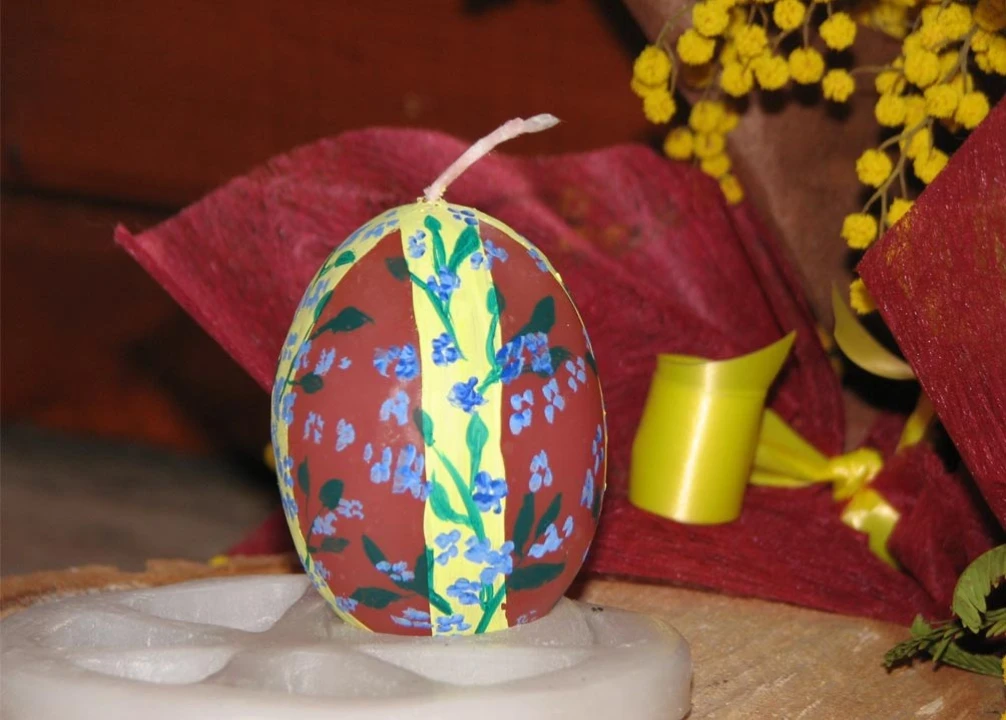On Easter Sunday, Lent, the long period of fasting, is broken and sweets in the shape of a dove and an egg are distributed. The egg, symbol of life that is renewed and auspicious of fertility, is connected to the meaning of Easter as the feast of spring and the awakening of nature. The egg is the most ancient and representative symbol of Easter, feast of spring. The tradition of exchanging eggs as a sign of good luck predates Christianity.
A symbol of life renewing itself, the egg was given when Easter coincided with springtime fertility rituals: the Persians, already 3,000 years ago, considered the hen's egg an auspicious sign, a symbol of nature renewing itself; the Egyptians, at the beginning of spring, gave painted eggs to friends and relatives as a wish for rebirth, while the idea that the origins of the earth can be traced back to a giant egg dates back to Chinese tradition.
According to Christian tradition, instead, eggs are the symbol of Christ's Resurrection. Legend has it that Mary Magdalene, returning from the Holy Sepulchre remained empty, returning home to tell the disciples about the miracle, met Peter who did not believe her: "I will believe you only if the eggs you bring in the basket will be colored of a kind of red". The eggs turned a purple color and Peter bowed before the miracle.
Since then, at the end of each Easter mass, eggs painted red were given to the faithful as a testament to the blood that had been shed. During the Middle Ages, hand-painted boiled eggs were served at lunch and given to servants. There are many legends about the birth of chocolate eggs: some say it was Louis XIV the first who made them, others say the custom comes from America because cocoa is a plant originating from Mexico.
In tradition, coming to the etymology of the word egg, in the composition of the word itself, we realize how its myth has touched all the most ancient known worlds and who knows how many other civilizations that memory does not respect. At the beginning of our time, we find signs of its myth in the language of the Akkadians, the ancient Semitic people of Babylon who, together with the Sumerians, gave life to the first Mesopotamian history. Thus the term egg, from the Greek oon and oion and from the Latin ovum, can be traced back to the Akkadian uwwu (uwum, uwun) that is uterus.




